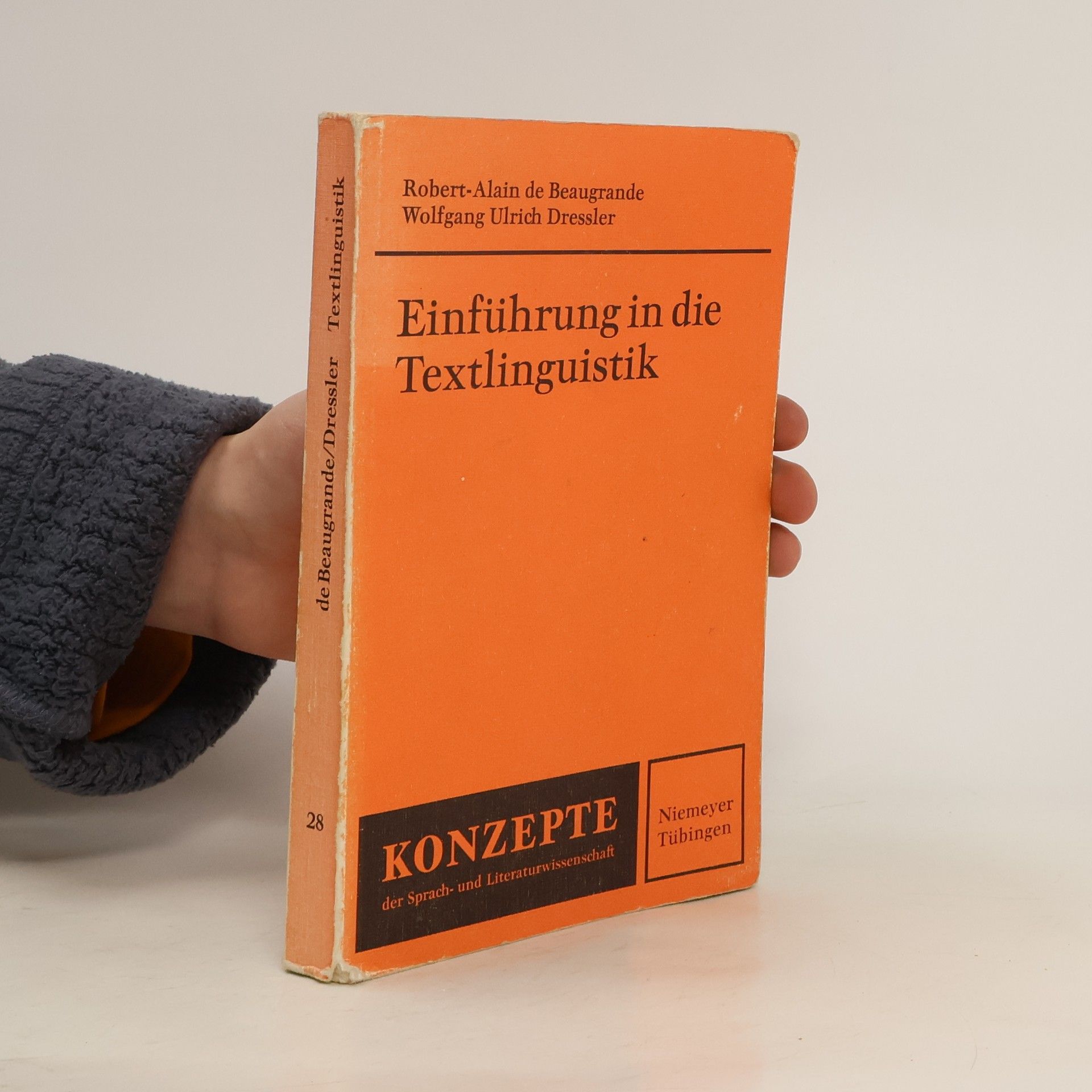In Linguistic Theory , Robert de Beaugrande analyses linguistic theories not as abstract ideas or theses, but as the process and product of theoretical discourse. He argues that the best documentation of this discourse can be found in the 'fundamental' works of major linguists from Ferdinand de Saussure to Teun van Dijk and Walter Kintsch. He therefore employs the highly unusual strategy of a close reading of these works as discourse performances and strives to uncover their main points and characteristic moves in the linguist's own words.Through this approach, the reader is able to appreciate and understand the variety and controversy among linguistic theories as they have emerged and developed in interaction with each other. Special scrutiny is allocated to the issue of how far the active practice of the linguists followed their own theories and proposals, and why. The author concludes by assessing the prospects for linguistics to be drawn from the retrospect in the previous chapters.
Robert De Beaugrande Libri
Robert-Alain de Beaugrande è stato una figura di spicco nella linguistica del testo e nell'analisi del discorso, plasmando in modo significativo la tradizione continentale all'interno della disciplina. È stato fondamentale nello sviluppo della Scuola Viennese di Linguistica Testuale e ha svolto un ruolo importante nel consolidamento dell'analisi critica del discorso. Il suo lavoro ha enfatizzato l'interconnessione del linguaggio con i suoi contesti sociali e cognitivi. Le intuizioni di Beaugrande continuano a influenzare il modo in cui studiamo e comprendiamo la struttura e la funzione del testo.


Einführung in die Textlinguistik
- 290pagine
- 11 ore di lettura
Die Buchreihe Konzepte der Sprach- und Literaturwissenschaft gibt Aufschluss über Prinzipien, Probleme und Verfahrensweisen philologischer Forschung im weitesten Sinne und dient einer Bestimmung des Standorts der Linguistik und Literaturwissenschaft. Die Reihe übergreift Einzelsprachen und Einzelliteraturen. Sie stellt sich in den Dienst der Reflexion und Grundlegung einer allgemeinen Sprach- und Literaturwissenschaft. Die Bände sind zum Teil informierende Einführungen, zum Teil wissenschaftliche Diskussionsbeiträge.